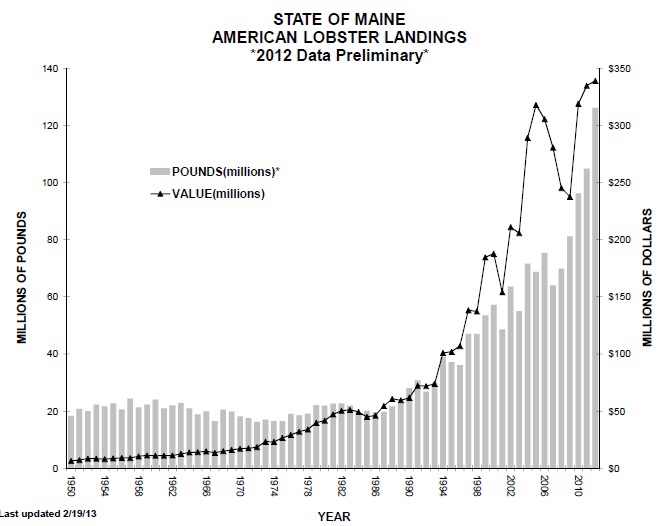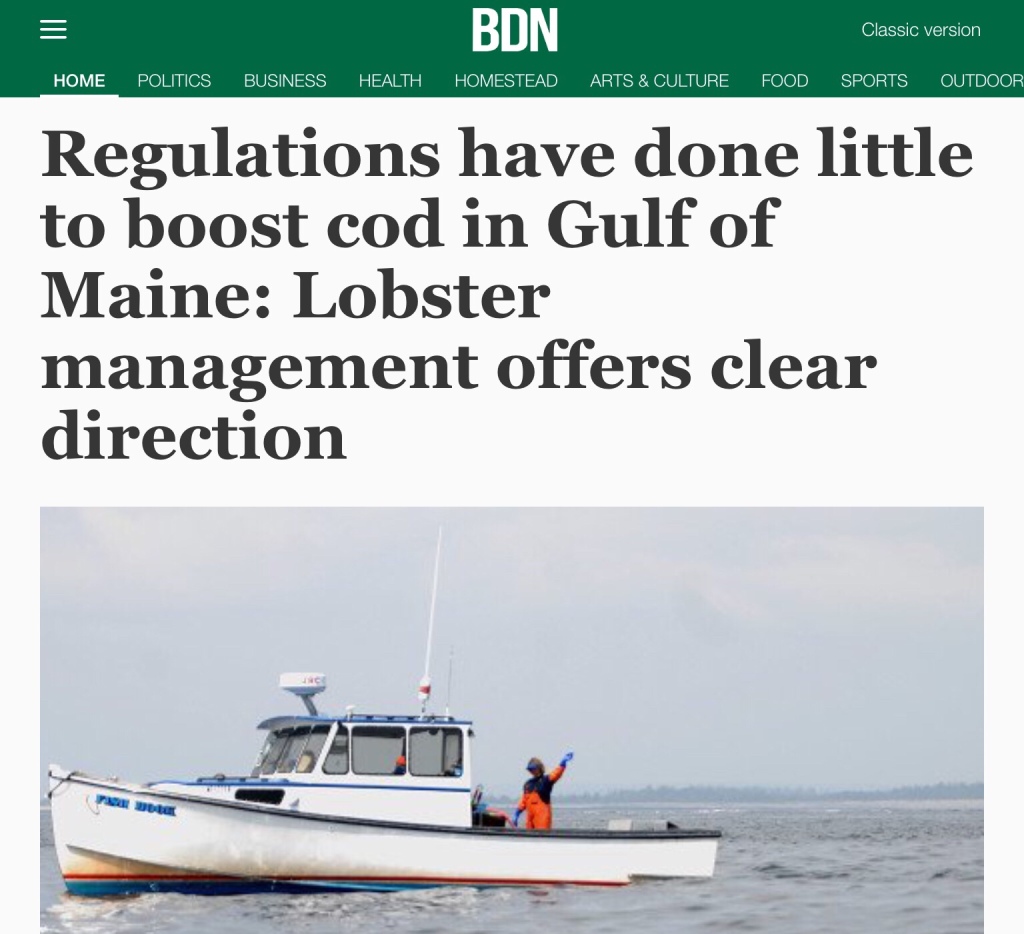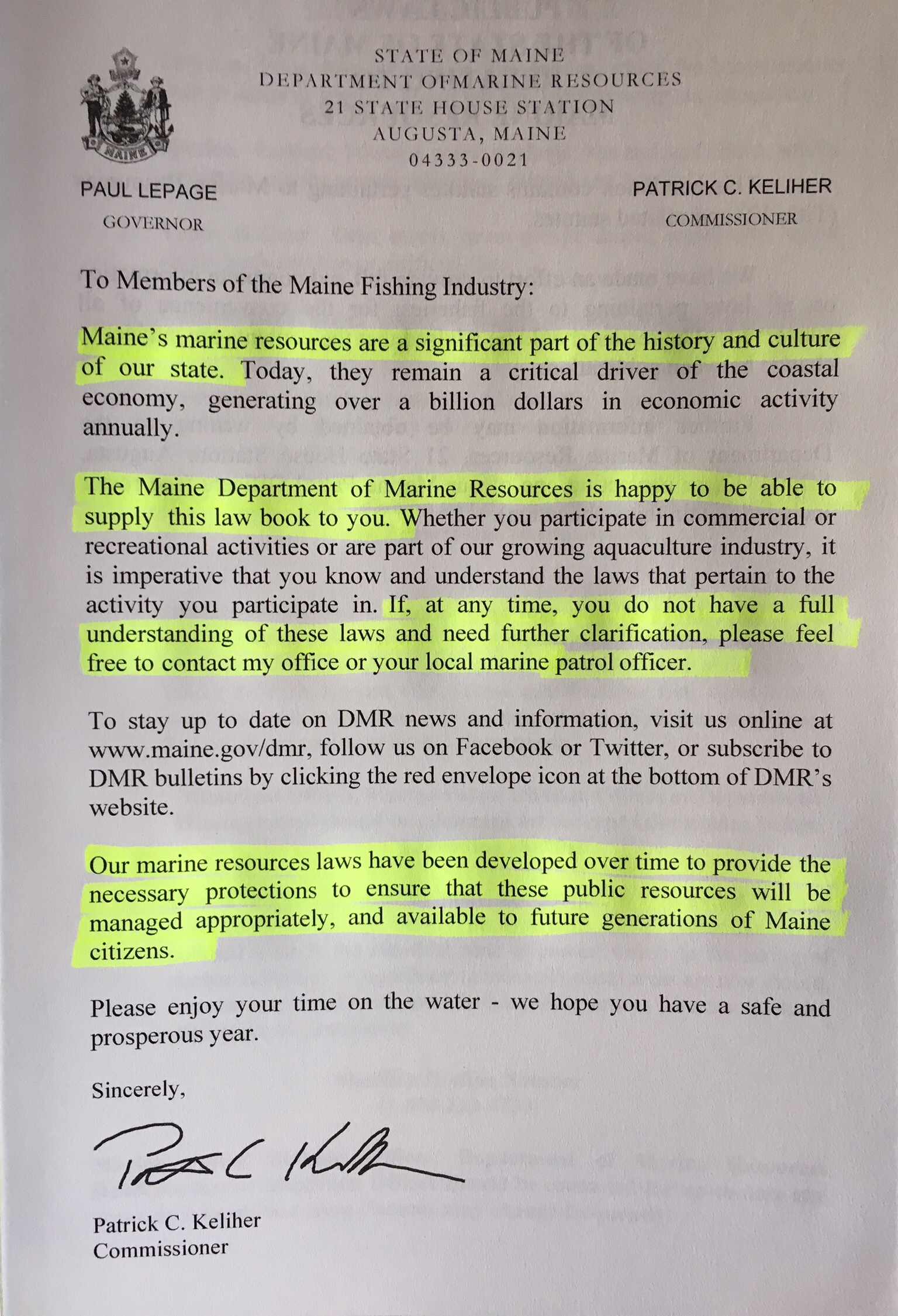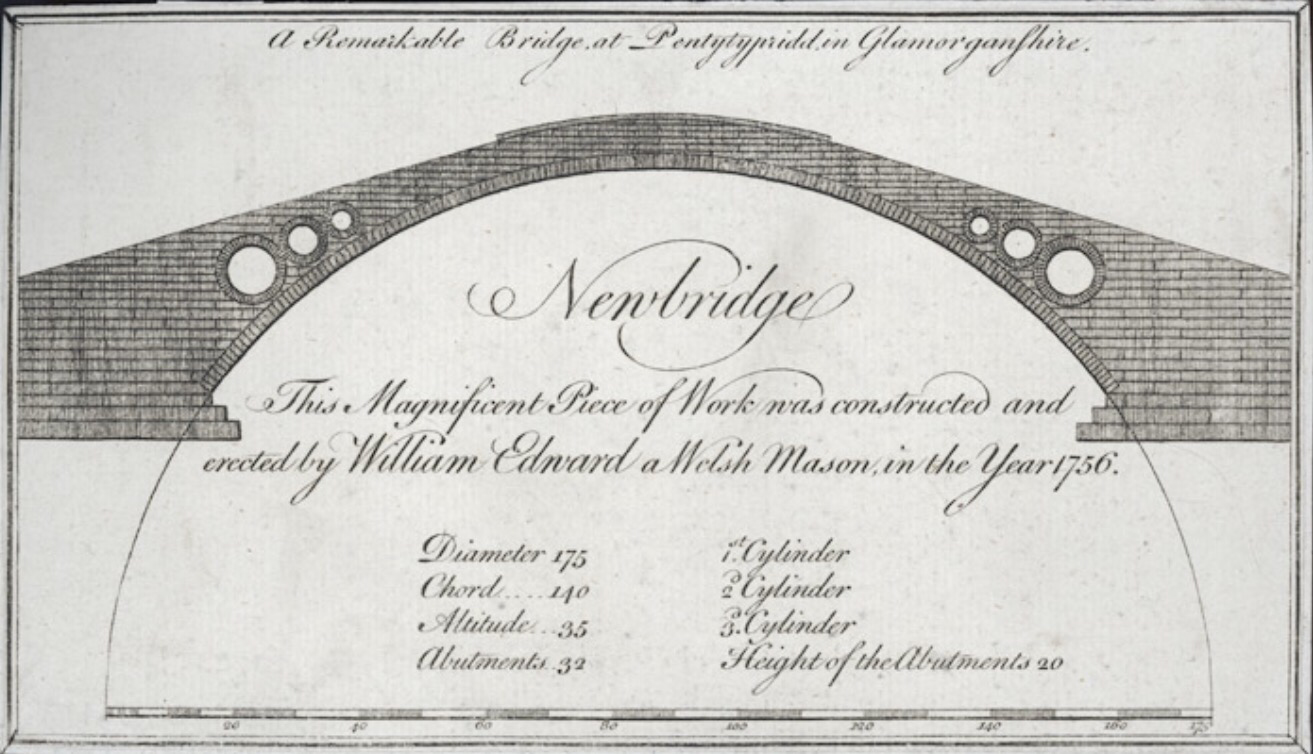This is a post for anyone interested in how; people, the place where they live, what happens there, private enterprise, public services and government, all co-exist in a way that is focussed on making sure future generations have something left for them to continue in that place.
So, I’d like you to take a deep breath (in, and out) and think about a few things:
- Imagine a place where everyone is managing what you’ve got, so that future generations can benefit from what this makes this place special. You all want your grandchildren to have the good life you’ve had, and your grandparents did before you. This is for real. People involved in front line activity recognise this as much as the policy and law makers. Anything spring to mind? (The National Heath Service maybe?)
- Imagine a place where the people involved in the front line activity sit down with the Big Chiefs (the Government law makers) to work out the rules that will benefit everyone, and help manage things for the benefit of future generations (see 1 above). The co-design of the rules.
- Imagine a place were day to day ‘Management’ is mostly in the hands of the people at the front line. They have the knowledge, they know what works to achieve the big objective – benefit for future generations (see 1 above). And guess what – the majority of people do the right thing.
- Imagine a place where, when you need to do things differently to respond to your local conditions, you can do it (with certain criteria) by talking to each other and the Big Chiefs. The co-management of your area (or zone).
- Imagine that is this works well you don’t require very much external regulation and checking. This is because everything works as it should (you set the rules together – see 2 above) and most people are working towards the same objective (see 1 above). The community effectively ‘regulates’ itself. Where people are seriously misbehaving the external regulators can concentrate their resources (small because you don’t need a huge army of them) in discrete areas that need it most. Thin (but effective) regulation and a modest cost.
- Imagine that you started this 28 years ago in 1995. You’ve had a generation to try it out and see if it works. And guess what, it is working. Your area of activity seems to be in better shape to support future generations than other people trying different approaches around you.
 Back in the room… REALITY CHECK (a graph always helps for that)
Back in the room… REALITY CHECK (a graph always helps for that)
What I’ve described in the ‘Imagine’ section above is actually the Co-Management approach to the Maine Lobster Fishery. And before anyone starts with the “oh it will never work here”, please go back to the first 5 points I’ve listed, and seriously ask yourself, Why? The only realistic answer I can come up with is that people don’t want it to.
So, does it really work? I’ve had lots of conversations with people with different types of involvement in the Maine Lobster Fishery over the last two weeks. These have included Lobster Fishermen, The bodies that represent the Lobstermen, Fisheries Research Organisations, University Professors and the people who oversee the system, The Maine Department of Marine Resources. I’ll get back to all of those areas in future blog posts, where I’ll personally thank all of the individuals who have been so generous in sharing their time and knowledge.
In response to the question, ‘does it really work?’ I’d say yes. The graph above from the Maine Department of Marine Resources indicates that lobster production is increasing and all the signs are that it is sustainable for future generations. The other impact is upon the Fishing communities of Maine. Spread along 5000 miles of stunningly beautify coastline, the $1.5 Billion generated annually by the Lobster Fishing Industry does a great deal to keep those communities economically (and culturally) sustainable. Imagine that in Wales…
 Rather than swamp you with scientific papers and other documents, here’s a link to the Bangor Daily News which talks about the co-management approach in Lobstering and why this should be applied in Cod fishing where there has been a crash in Cod numbers.
Rather than swamp you with scientific papers and other documents, here’s a link to the Bangor Daily News which talks about the co-management approach in Lobstering and why this should be applied in Cod fishing where there has been a crash in Cod numbers.
The Bangor Daily News (BDN) is a good piece of writing in my view, well blanched and linked to factual sources like this James Acheson (University of Maine) paper on ‘The Development of the Maine Lobster Co-Management Laws.
There will be lots more to come on this, I just wanted to flag it up before I write any more detailed posts about how it works, and some of the challenges faced. This is a complex adaptive system, that is constantly changing and needs constant attention.
The big point for me is around Co-Management. The approach has been operating successfully for 28 years – a generation. ‘Managing the resource for future generations’, literally pops up in every conversation about Lobsters. I’d argue that there is something we could learn from this in Wales, and our own focus on the Wellbeing of Future Generations.
So, What’s the PONT?
- Being ‘stewards of the resource for future generations’ was one of the phrases I heard in almost every conversation about Lobsters in Maine.
- The co-management approach links to practice in the Lobstering Communities where ‘self-regulation’ is possible and successful (Something I’ve heard talked about in many other areas, but rarely seen).
- Effective ‘self-regulation’ allows for a ‘thin’ layer of external regulation, which can be directed (with the help of the community) to the areas that need it most.
Just to prove thinking about future generations is everywhere, here’s the introduction letter from the front of the Maine Department of Marine Resources Law Book (which I am taking home for my good friend Simon Neale )


Leave a comment